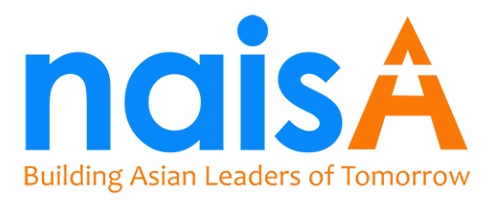JUL
06
Are Asian Americans Apathetic about Politics?
America’s ethnic composition is constantly shifting and changing, thereby reinforcing its epithet as the “melting pot” of the world. Though it comprises only eight percent of the U.S. population, the Asian American Pacific Islander (AAPI) community is the fastest growing minority group in America today.
Despite their growing presence in America, AAPI professionals are consistently underrepresented in industry leadership, ranging from business, law, and finance to cinema, music and theatre. Asian Americans aren’t just underrepresented in industry leadership; they’re underrepresented in politics as well. AAPI’s lack of political representation in American politics contributes to their low level of political participation.
The upcoming presidential election may; however, prove be a turning point for AAPI political participation.
Reasons for low political participation from AAPI community
There are several factors used to explain the low political participation we see in the AAPI community. According to a report put out by Third Way, a centrist think-tank based in Washington, D.C., one major reason is the reality that many Asian Americans are new to the American political process. The vast majority of Asian Americans are the children of immigrants or immigrants themselves. They did not grow up with the legacy of political activism and political participation that has defined American civil society for hundreds of years.
The same report also mentions the fact that neither Democrats nor Republicans actively target Asian American voters. Both parties’ meager efforts in reaching out to Asian Americans, coupled with the fact that Asian Americans, as a whole, typically don’t have ideologically driven views means that it would be exceedingly difficult for a single party to capture the support of the entire AAPI constituency.
Thus, while the conventional wisdom states Asian American tend to vote democrat, this is by no means a fait accompli. Simply put, AAPI voters are not a constituency to be ignored or taken for granted. As U.S. and foreign-born AAPI voters come of age, they are beginning to exercise considerable political power.
Young AAPIs demand change
The past year has seen an increase in AAPI civic participation, a trend that has been predicted to continue for many years to come. Over half of young Asian American voters report being enthusiastic about the 2016 elections, with 85 percent of respondents absolutely planning on voting. AAPI participation in American politics extends beyond voting to highlighting the challenges that continue to define the Asian American experience. The Third Way report mentions that Asian-American voters are more likely to have views based around group experiences, an observation substantiated by the efforts of Asian-American actors to raise awareness of inequality in the entertainment industry. Prominent Asian American actors and entertainers have taken to various social media platforms to express their discontent with the lack of opportunity in the entertainment industry. Twitter campaigns such as #IAmConstanceWu and #StarringJohnCho went viral, prompting young Asian Americans, many for the first time, to share their personal experiences and draw wider attention to the issue.
These recent social media campaigns are among many other examples of civic participation by Asian Americans, and will likely not be the last example.
Asian Americans have proven to be a powerful political force, one that is capable of effecting change through traditional and non-traditional channels. At naisA Global, we hope to develop leaders that can help lead this change.
naisA Global is a 501(c)(3) non-profit educational organization dedicated to helping talented young Asian professionals unlock their potential and become great leaders.
- Jamie Sheen
- naisA Global Staff
About Jamie Sheen
Most Popular
